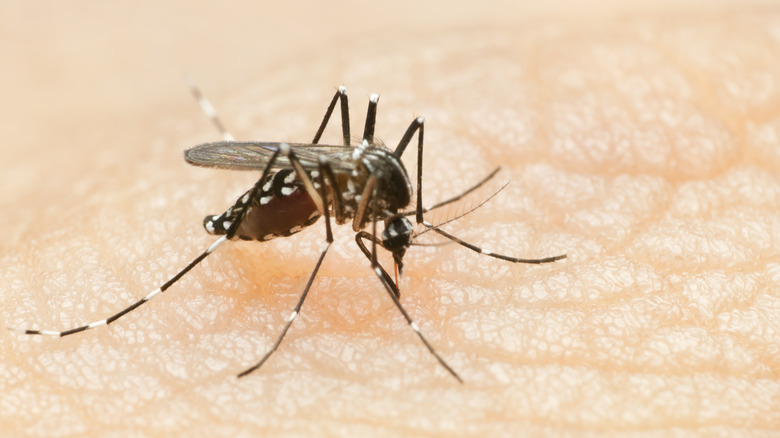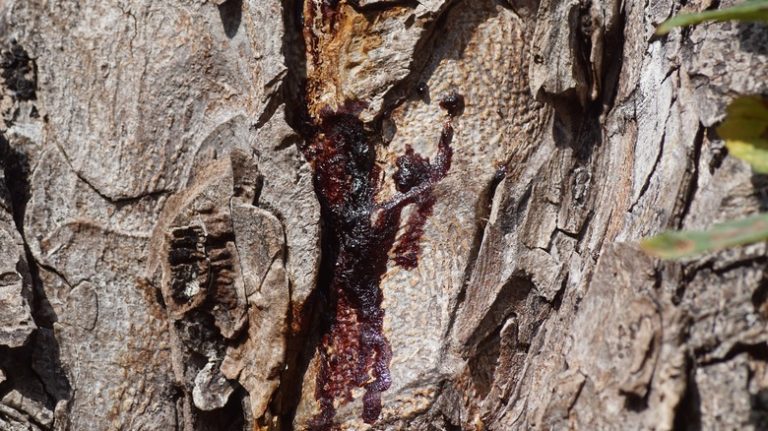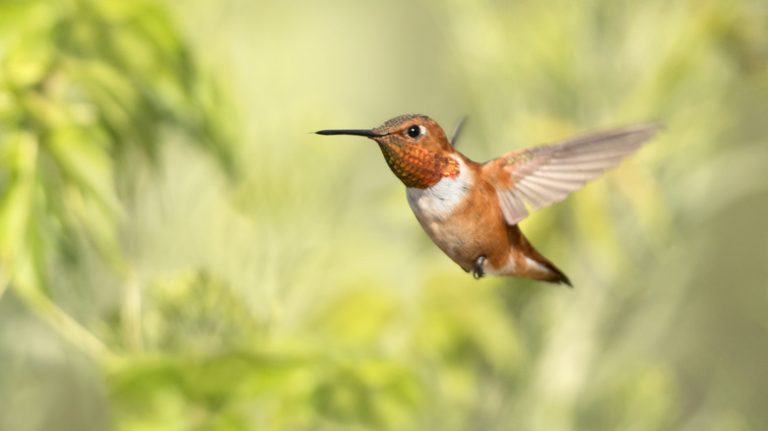Winter is often seen as a time of dormancy when pests like mosquitoes are less active and less of a concern. Mosquitoes thrive in warm and humid environments, which makes summer the prime season for them to proliferate. However, as the temperatures drop and the days grow shorter, mosquito populations begin to dwindle, which makes it an ideal time to plan your course of action against them.
These tiny insects may seem harmless albeit annoying when they bite you, however, they can also spread diseases like Zika, West Nile virus, and dengue fever. Though these diseases may seem obscure, they are not and still infect people. West Nile Virus is the most common mosquito-borne disease and affects over 2,000 people each year and can lead to death.
Mosquitoes are more vulnerable during the winter months. Female mosquitoes, which are the primary vectors of disease transmission, are less active during the winter and are more likely to be found in sheltered areas, such as hollow logs, under leaves, and in basements. This makes it easier to target and eliminate them.
Find and eliminate mosquito habitats in winter
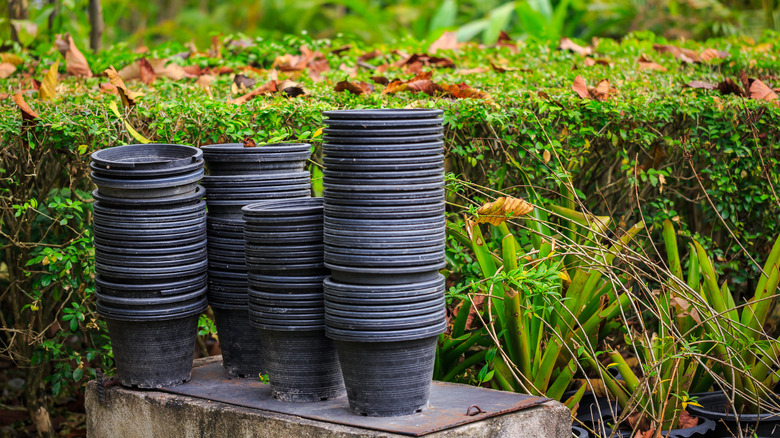
To fully get rid of mosquitos in your yard, you must tackle their breeding sites and kill the eggs, which can survive for years in freezing temperatures. Mosquitoes lay their eggs in standing water, which can be harder to identify during the warmer months when vegetation is thicker and water sources are more abundant. In the winter, however, standing water is more visible, making it easier to identify and eliminate breeding sites. Once you remove these areas, you can prevent future mosquito populations from emerging.
Consequently, to take advantage of the benefits of winter mosquito control, start by conducting a thorough inspection of your property to identify potential mosquito breeding sites. Check areas such as flower pots, bird baths, clogged drains, and low-lying areas where water may collect. Clean your gutters and take steps to reduce the number of sheltered areas where mosquitoes may be hiding. Clear away any debris, such as leaves and branches, and trim back any overgrown vegetation. This will make it harder for mosquitoes to find shelter and survive the winter.
Long-term benefits of winter mosquito control
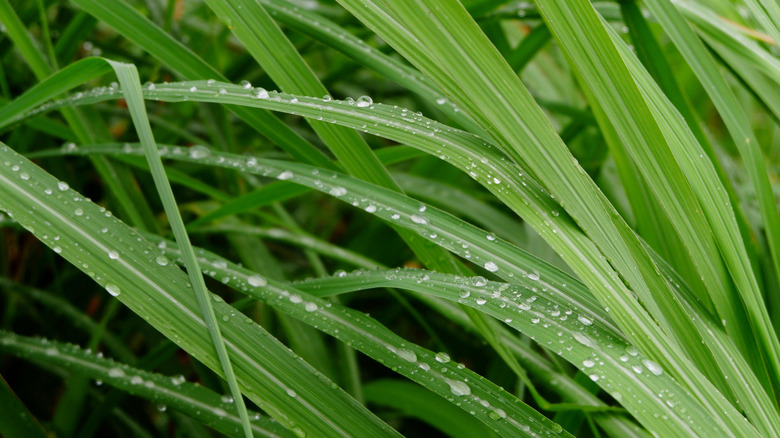
If you have a particularly bad infestation you might consider using mosquito-killing products, such as insecticides or mosquito traps, to target and eliminate any remaining mosquitoes and eggs. Winter is also the time to take preventative and proactive measures to ensure that mosquitoes don’t return in the spring. Plan to plant mosquito-repellent plants, such as citronella, lemongrass, peppermint, eucalyptus, and catnip in the spring. Also, commit to maintaining a regular yard maintenance schedule and keeping your yard and porch area free of debris and clutter.
The benefits of winter mosquito control extend far beyond the winter months themselves. By eliminating mosquito breeding sites and reducing the number of mosquitoes on your property, you can prevent future mosquito populations from emerging. This means that come spring and summer, you’ll have fewer mosquitoes to deal with, making outdoor activities like gardening, barbecuing, and playing with the kids much more enjoyable.

